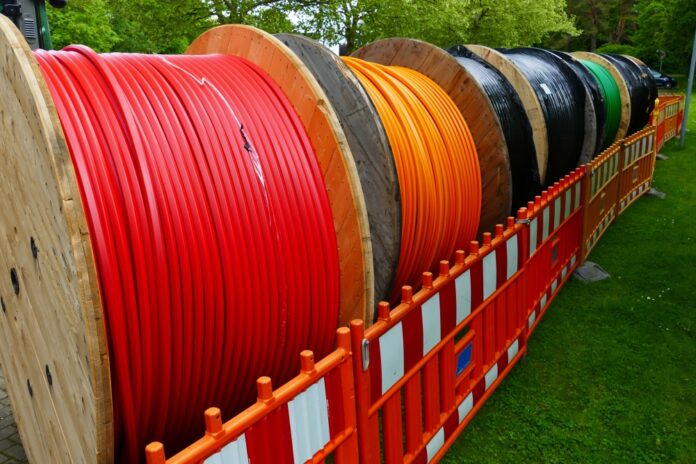Fastest broadband speeds in London says Ookla
UK fibre broadband provider Community Fibre has been funded with £985m (€1.1bn) to fund its fibre-to-the-home (FTTH) network rollout in London and the south-east of England. Community Fibre has the fastest broadband speeds in London, says speed test specialist Ookla, and its 675,000 premise footprint makes it the third-largest fibre altnet in the UK after CityFibre and Hyperoptic. Its ambition is to connect 2.2 million homes by the end of 2024, however the original rollout target was 1 million.
The new funding comes £685m in “committed” credit lines from unnamed lenders plus a further £300m through a potential expansion of those credit lines. Community Fibre previously raised £400m in 2020 from private equity firms Warburg Pincus LLC and Deutsche Telekom Capital Partners (DTCP), which became equity investors alongside its existing backers Amber Infrastructure and RPMI Railpen.
Community Fibre is chaired by Olaf Swantee and its CEO is former Virgin Mobile, Three UK and Lebara executive Graeme Oxby, is “achieving scale and attracting customers as quickly as possible with truly high-speed and affordable services” with a 1 Gbps service available for just £25 per month said Telecom TV. There is a major advantage as the first to have fibre in the ground in any market, hence why there is now such a rush to build out fibre access infrastructure in the UK – network builders that are second or third to pass any premises will be at a major disadvantage.
The UK’s largest altnet, CityFibre, chose not to target London in its extensive nationwide rollout so the only competition is BT’s access unit Openreach, which got its autonomy from the same shop that the emperor got his new clothes. CityFibre’s wholesale network does have competition from the likes of Hyperoptic and Giganet however. Signing customers is still a challenge. Earlier this year Community Fibre was reported by research house Point Topic to have built its paying customer base to around 56,000.
But while signing up revenue-generating customers is important, getting the fibre network built out is of paramount importance as the network infrastructure itself holds great value in an increasingly digital economy. “The focus of UK FTTH investment will almost certainly turn from building out networks to consolidating infrastructure assets to gain further scale,” said Ray Le Maistre, Editorial Director, TelecomTV, “because the sector can’t support all the 100-plus altnets that currently exist in the UK. When that happens those operators that have fibre in the ground will be the ones either acquiring or being acquired, and those will little physical infrastructure will likely wither on the fibre broadband vine.”
The UK broadband sector is entering a new phase, reported the Internet Services Providers’ Association (ISPA) recently. Spring Fibre raised £155m in September, Tiger Infrastructure Partners took control of Rural Broadband Solutions with an investment of £75m, and Wessex Internet announced a “major equity investment” from the Core Infrastructure team at investment house abrdn.


